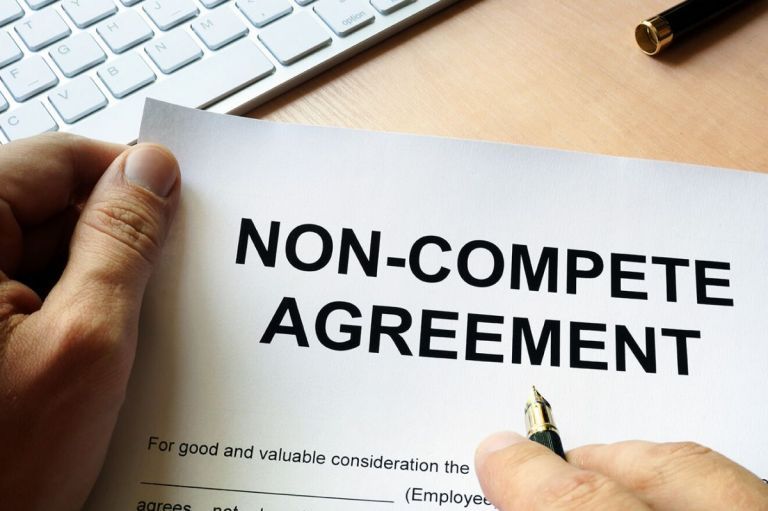Executive Order on Non-Compete Agreements

On July 9, 2021, President Biden signed an Executive Order aimed at promoting a more competitive marketplace for America workers, businesses, and consumers. In order to promote workers’ ability to switch jobs and negotiate higher wages, the Order encourages the Federal Trade Commission (“FTC”) to restrict the use of non-compete agreements in employment contracts. If the FTC does propose a ban on non-competes, there certainly would be much debate about whether the FTC has the authority to implement such a ban and whether the ban would in fact “promote competition in the American economy.
Currently non-compete agreements are regulated by states, which diverge on whether and to what extent they enforce non-compete agreements. In 2018, the Massachusetts legislature passed the Noncompetition Agreement Act limiting the use of non-compete agreements by providing strict criteria that the agreement must meet in order to be enforceable. The law applies to contracts between employers and independent contractors entered into after October 1, 2018.
The law provides that to be enforceable, a non-compete agreement:
- must be no broader than necessary to protect employers’ legitimate business interests, which include employers’ trade secrets, employers’ confidential information, or employers’ goodwill with customers;
- cannot last for more than one year after the end of employment; and
- must be reasonable with respect to geographic area and activities restricted.
The law also includes a provision requiring non-compete agreements to contain a garden leave clause or some other form of mutually agreed to consideration specified in the agreement. A garden leave clause would require employers to pay employees 50% of their highest salary during the last 2 years, while the non-compete agreement was in effect.
Under the law, non-compete agreements cannot be enforced against (1) non-exempt employees; 2) employees who are terminated without cause or laid off; (3) undergraduate or graduate students engaged in an internship or other short-term employment; and (4) employees aged 18 or younger. Other Massachusetts laws also ban non-compete agreements for physicians, nurses, psychologists, social workers, broadcasters, and lawyers.
For questions about non-competes or any other employment law matter, please contact the attorneys at The Royal Law Firm at (413) 586-2288.








